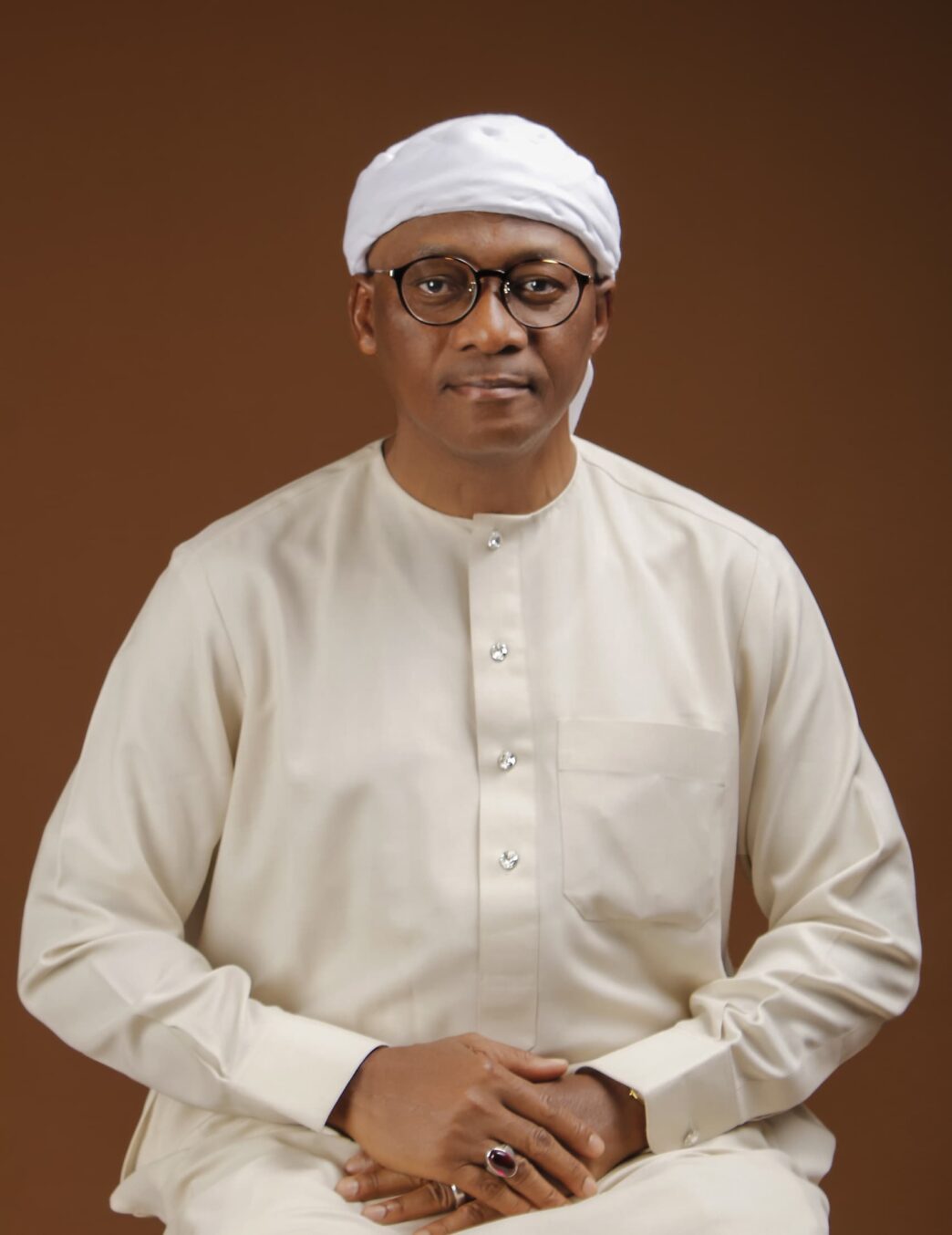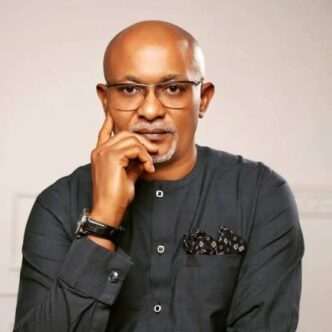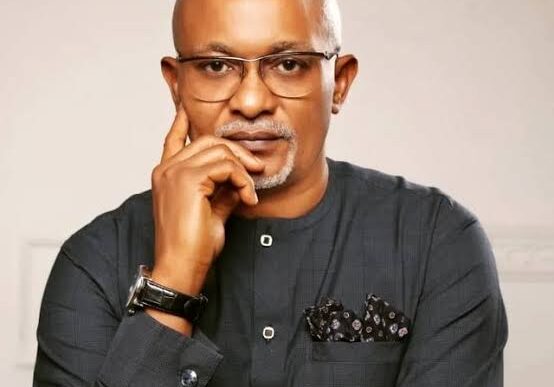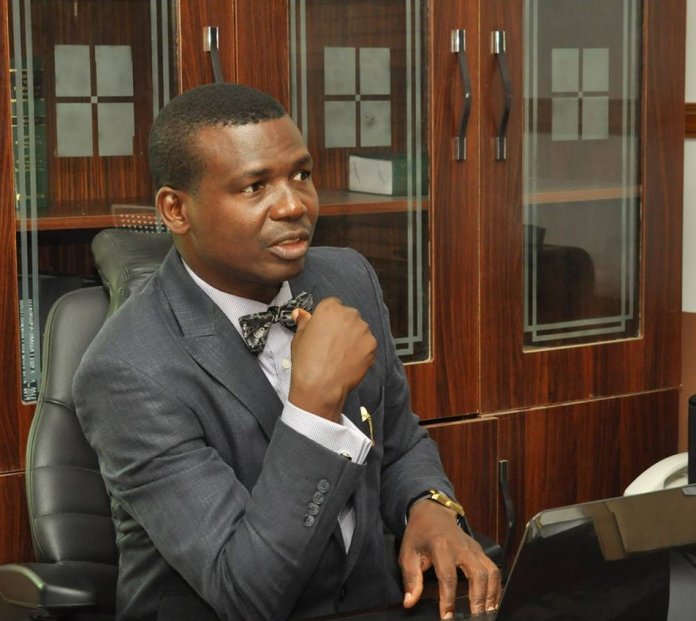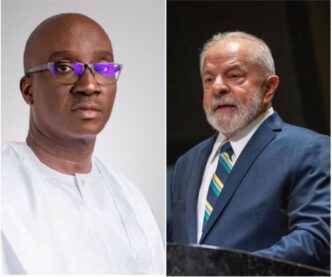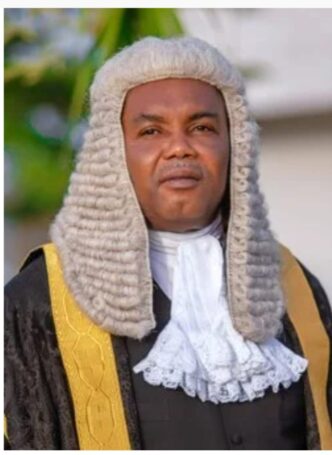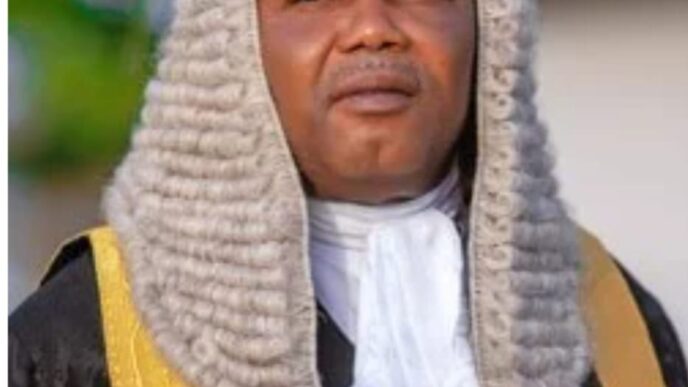Prince Haruna Momoh’s insightful analysis cannot be ignored. His contribution sheds light on the imperative for Nigeria to harness its abundant renewable energy resources while underscoring the necessity for collaboration with international organisations and the attraction of private investment. While his emphasis on these critical strategies is undeniably apt, it is essential to expand on the underlying challenges and the holistic approach required to unlock Nigeria’s energy potential fully.
I first had the opportunity to interview Prince Momoh at Channels TV in 2011, during his tenure as the Managing Director of PPMC. From that moment, it became evident that, despite his background as a lawyer, he has over the years garnered deep knowledge in the energy sector. He must be commended for how he and his team effectively managed Nigeria’s petrol distribution during a challenging period, demonstrating an impressive understanding of the intricacies of the industry.
Firstly, while the call for international collaboration is crucial, we must advocate for a paradigm shift in how developing nations approach foreign investment and aid. Historical compliance with the foundational narrative of dependency has often yielded limited benefits for local economies. Consequently, it is paramount that Nigeria cultivates an ecosystem where partnerships with international organisations are rooted in mutual benefit rather than mere facilitation of foreign interests. Emphasising a model where technology transfer, skill development, and local enterprise empowerment are integral can foster a sustainable transformation that enhances national energy security.
Moreover, the identification of Nigeria’s renewable resources — from solar and marine energy to geothermal sources — indeed paints a picture of immense potential. However, unlocking this potential necessitates robust infrastructure, a regulatory framework that fosters innovation, and a concerted effort to enhance the capacities of local stakeholders. The current bureaucratic landscape can impede progress; therefore, it is vital to advocate for policies that streamline administrative processes and encourage grassroots participation in renewable energy initiatives.
Additionally, whilst transitioning to renewable energy is presented as a panacea for our economic and energy challenges, it is imperative to address the immediate realities and vulnerabilities facing our population. The divide between urban and rural access to energy is stark, with countless communities remaining in the dark. Thus, in our quest for renewables, we cannot afford to overlook the urgency of addressing these disparities with inclusive policies that bring electricity to the most underserved populations through innovative microgrid solutions and community-based projects.
Lastly, it is crucial to highlight that the call for leveraging Nigeria’s own transitional resources should not be misconstrued as a mere financial strategy. The essence of this approach lies in utilising existing assets to fortify our renewable energy framework—be it through innovative financing models such as green bonds or public-private partnerships that can inject much-needed capital while retaining local control over energy resources.
In conclusion, while we commend Prince Momoh for highlighting the path towards a sustainable energy future for Nigeria, this journey must be navigated with foresight and commitment to inclusivity. We extend our gratitude to him for his invaluable insights and commendable track record. Moreover, we call upon President Bola Tinubu to engage experts like Prince Momoh and others in this field. Collaborating with knowledgeable individuals will be essential to addressing Nigeria’s pressing energy needs and fostering a robust development agenda.
Sulaiman Aledeh is the Managing Director of Edo Broadcasting Service. He writes from Benin City, Nigeria.
Gatekeepers News is not liable for opinions expressed in this article, they’re strictly the writer’s


